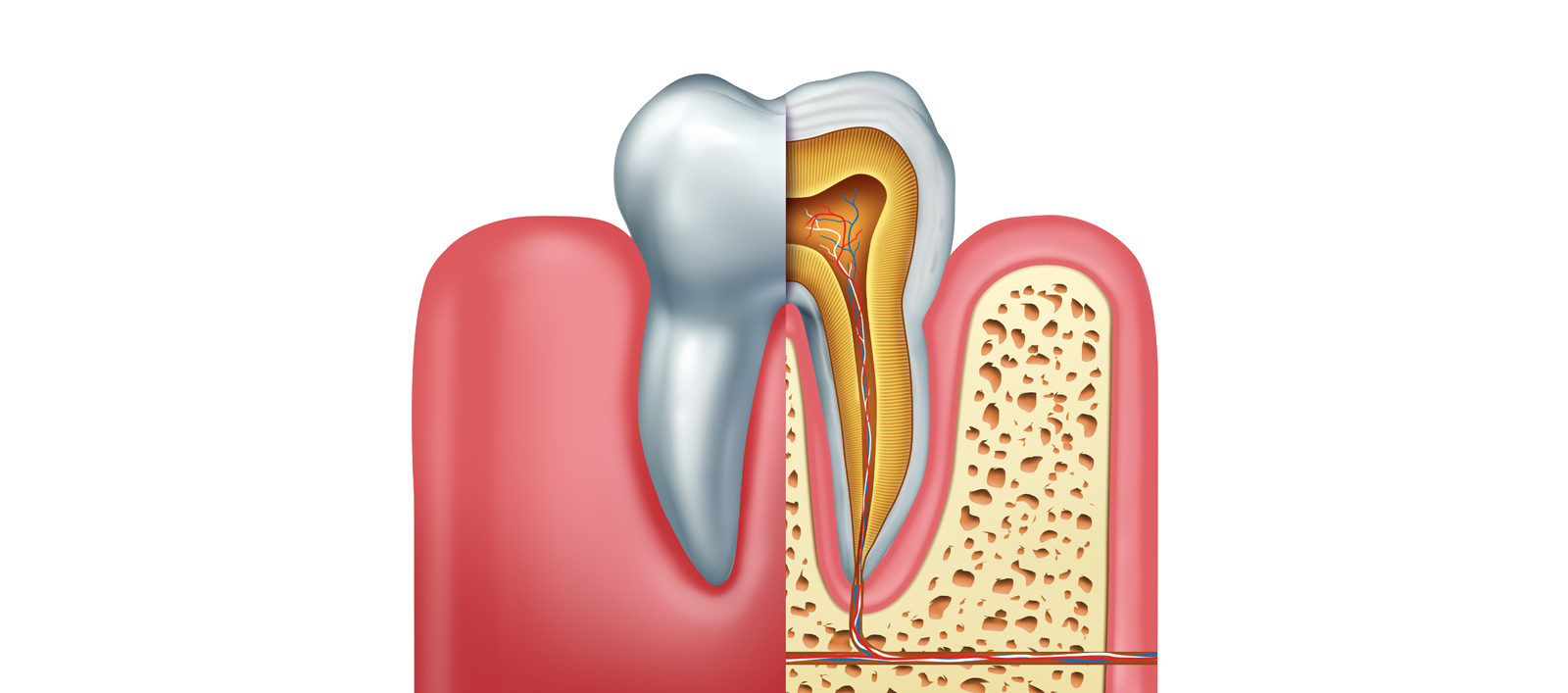Restorative Root Canal Therapy
Root Canal Therapy

For many patients, finding out that they need a root canal can fill them with panic. There are so many myths surrounding what a root canal is and what it does that there can be much confusion. Root canal therapy is a fairly simple procedure that can help to greatly improve your oral health. If you need a root canal, Blue Summit Dental Group can help.
What are the Reasons for a Root Canal?
Root canals are commonly performed when a tooth has become infected by bacteria. Root canal therapy helps to eliminate the infection by removing the infected pulp and bacteria from inside of the tooth. You may need a root canal in the case of significant decay, suffering a cracked or chipped tooth, dental trauma that has affected the root of the tooth, a faulty dental crown, or having to undergo repeated dental procedures on a single tooth.
Possible Signs and Symptoms You Might Need a Root Canal
One of the biggest signs that a root canal might be needed is a constant toothache. This pain often occurs during eating, or when pressure is applied to the tooth. Even without stimulation, your tooth may still hurt, though. You could just be sitting still doing nothing, and there is a constant ache in your mouth. The toothache may extend into the bone, which can indicate that an abscess has formed. You may have a discharge from the tooth. Your gums may swell around the affected tooth. You may also notice that the tooth becomes discolored.
Why Get a Root Canal Instead of an Extraction?
Many patients think that it is better to have an infected tooth extracted rather than undergoing a root canal. However, this simply is not the case. Extracting a tooth can be much more traumatic. Moreover, in addition to removing the tooth, you then have to have it replaced. This means more appointments and additional costs tacked onto the original cost of the extraction.
Will Root Canal Therapy Hurt?
This is probably one of the biggest misconceptions about root canal therapy. We perform root canal therapy under a local anesthetic. This means that you will feel no pain during the procedure. You may experience some minor pain after the local anesthetic wears off, but it subsides in just a few days. Once you have healed from your procedure, you should feel no more pain.
Does a Root Canal Work?
Root canal therapy does work. After we remove the pulp and disinfect the inside of the tooth, the tooth is filled with gutta-percha. This material seals the canals and protects them from new bacteria. After the tooth is filled, it will be provided with a permanent filling or crown, which helps to strengthen the tooth and provide additional protection. A successful root canal can restore normal function to the tooth, which means that it can stay in your mouth for the rest of your life.
Root canal therapy can help to restore your oral health and protect the tooth from future harm. Call Blue Summit Dental Group at (810) 658-9177 to schedule your appointment today.
Root canals are a common treatment used to restore a tooth following an infection. This type of treatment has a high rate of success, meaning that once the tooth has been treated, it can function normally without further pain or other issues. In some cases, however, a root canal can fail. When this happens, your tooth may start to give you problems again, including severe pain. If you have experienced root canal therapy failure, Blue Summit Dental Group can help with root canal retreatment.
What Is a Root Canal?
When an infection occurs inside your tooth, treatment is needed right away. The only way to remove the bacteria and eliminate the infection is with a root canal. This procedure is done under a local anesthetic. An access hole is drilled into the top of the tooth, and small tools are used to remove the infected pulp and the nerve. Next, the canals inside the tooth are shaped and cleaned, and the entire interior of the tooth is disinfected. A special filling material called gutta percha is placed inside the space to seal the canals and finally a crown is placed on the tooth to provide strength and protection.
What Causes Root Canal Failure?
While root canals have a high success rate, there are still some instances in which the treatment can fail. Common causes for root canal failure include:
• There may have been narrow or curved canals that were not properly cleaned and disinfected during the initial treatment.
• You may have complicated canal anatomy that was overlooked.
• Your crown was not placed soon enough after your root canal.
• Saliva got inside the treated tooth, causing contamination.
• Your crown is damaged, allowing bacteria to get inside.
• Your treated tooth may have suffered a new fracture.
• New decay may have developed in the treated tooth.
Root Canal Retreatment
If your initial root canal treatment fails, retreatment becomes necessary. This treatment can generally be completed in one to three visits. First, a local anesthetic is administered. A rubber dam is placed around the tooth to isolate it and prevent contamination. Next, the original restoration is removed, followed by the material inside. We use small, specialized tools to clean and reshape the canals. We may take x-rays to ensure that we have cleaned each one. Depending on your situation, a medicated material may be placed inside the space to help eliminate any bacteria that may still be lingering, and a temporary crown is placed. During the next visit, this material will be removed, and the tooth is cleaned out once again. Then we place new gutta percha inside the tooth and place a new crown.
Successful retreatment can function normally for many years to come and may even function properly for the rest of your life. This option is always preferable to extraction as it allows the tooth to stay in the socket and enables it to continue helping to keep your jawbone strong and healthy.
If you have previously undergone a root canal and the tooth is causing you pain or other complications, you may need root canal retreatment. For more information, and to schedule your appointment, call Blue Summit Dental Group today at (810) 658-9177.
